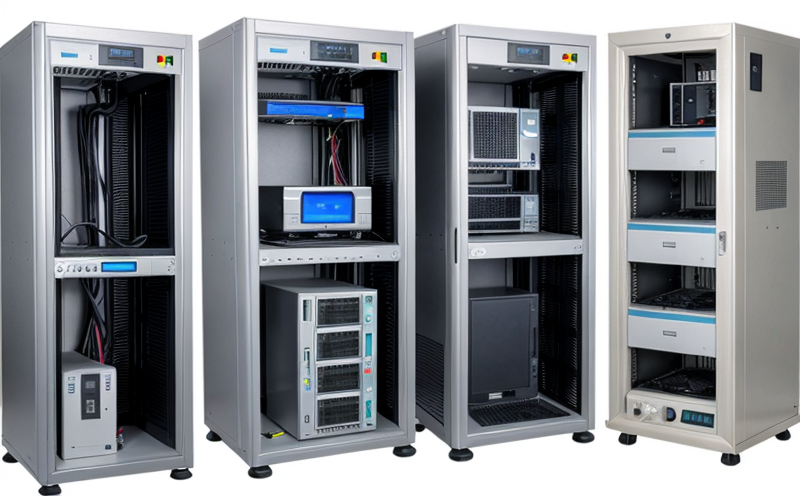EN 300 328 Wireless Data Transmission Testing for Telecom Equipment
The EN 300 328 standard is a critical pillar in the European Union's regulatory framework aimed at ensuring that telecom equipment adheres to high standards of performance and reliability. This testing protocol covers wireless data transmission aspects, which are essential for the seamless operation of modern telecommunications devices such as smartphones, routers, base stations, and other communication equipment.
Compliance with EN 300 328 is mandatory for any telecom device intended to be sold or used within the European Economic Area (EEA). The standard aims to reduce radio frequency interference among different devices operating in a shared electromagnetic spectrum. This ensures that users experience stable and reliable wireless connections, free from disruption by other nearby equipment.
The testing protocol involves various stages designed to evaluate the performance of telecom devices under specific environmental conditions and operational scenarios. It includes tests for signal strength, data throughput, interference resistance, and power consumption among others. These parameters are crucial in ensuring that devices operate efficiently while minimizing their impact on surrounding electronic systems.
For R&D engineers and quality managers, understanding EN 300 328 is vital for developing compliant products. The standard requires thorough testing of all components involved in wireless data transmission to ensure they meet the specified performance criteria. This includes not only the device itself but also its interaction with other devices within a network.
Compliance officers should familiarize themselves with EN 300 328 as part of their duties ensuring company products are up-to-date and legally compliant. Regular audits against this standard help maintain product integrity and protect brand reputation.
In summary, compliance with EN 300 328 is essential for manufacturers aiming to enter the EEA market successfully. By adhering to these stringent requirements, telecom equipment can ensure reliable performance across diverse environments, thereby enhancing user satisfaction and trust in the technology industry.
International Acceptance and Recognition
The EN 300 328 standard is widely recognized not only within Europe but also internationally. Its rigorous testing procedures have earned it respect from regulatory bodies worldwide, making it easier for telecom companies to expand their product offerings beyond the European market.
Many countries outside of the EU have adopted similar standards or aligned their regulations with those set forth by EN 300 328. This global acceptance enhances the interoperability and compatibility of telecom devices across different regions, facilitating smoother international trade and collaboration.
For companies operating globally, ensuring compliance with this standard can significantly streamline the process of entering new markets. It reduces the need for additional certifications in other countries that may have overlapping or compatible requirements. This not only saves time but also helps maintain consistent quality standards across all regions served by a company's products.
Environmental and Sustainability Contributions
- Emissions Reduction: By ensuring telecom devices operate efficiently, EN 300 328 contributes to reduced energy consumption and lower greenhouse gas emissions. This standard helps minimize the environmental footprint associated with data transmission.
- Resource Efficiency: Compliance with this standard encourages the use of more efficient components and technologies, which can lead to reduced material waste during manufacturing processes.
- Sustainable Innovation: The stringent requirements set by EN 300 328 push manufacturers towards innovation in developing more sustainable telecom solutions. This includes advancements in energy-saving features and recyclable materials.
The focus on environmental responsibility through rigorous testing aligns with broader sustainability goals, making it an important consideration for companies committed to reducing their ecological impact.
Competitive Advantage and Market Impact
Adhering to EN 300 328 can give telecom manufacturers a significant competitive edge in the market. Meeting these stringent requirements demonstrates commitment to quality, reliability, and environmental responsibility, which are increasingly valued by consumers.
Achieving compliance provides confidence that the product will perform consistently across various conditions, thus building trust among users who expect stable and reliable connectivity experiences. This can translate into higher customer satisfaction levels and stronger brand loyalty.
Moreover, companies that comply with EN 300 328 may find it easier to negotiate favorable terms with operators and retailers due to their proven track record of meeting high standards. They also open up opportunities for collaboration on projects requiring cutting-edge telecom solutions.
The impact extends beyond individual businesses; compliance fosters a healthier ecosystem where all participants contribute positively towards maintaining interoperability, reliability, and sustainability in the telecommunications sector.





